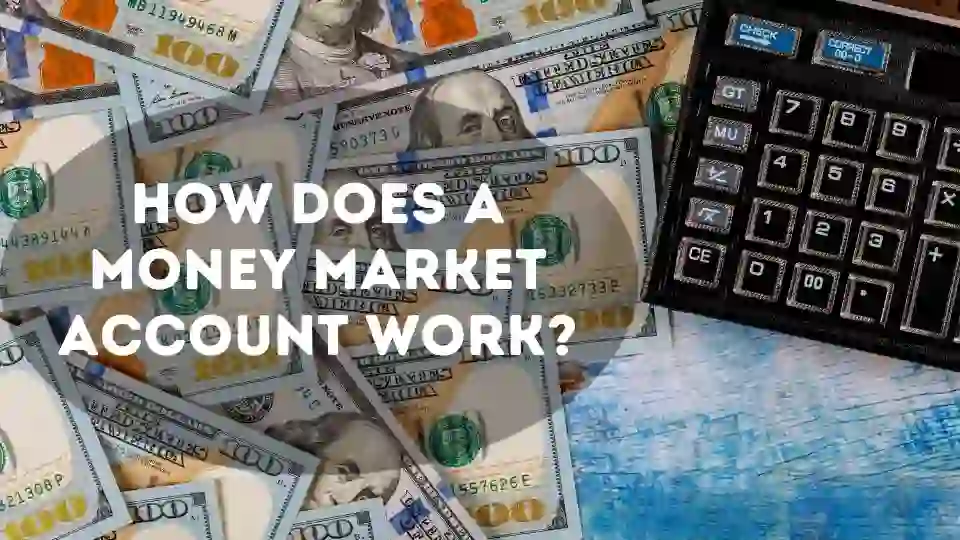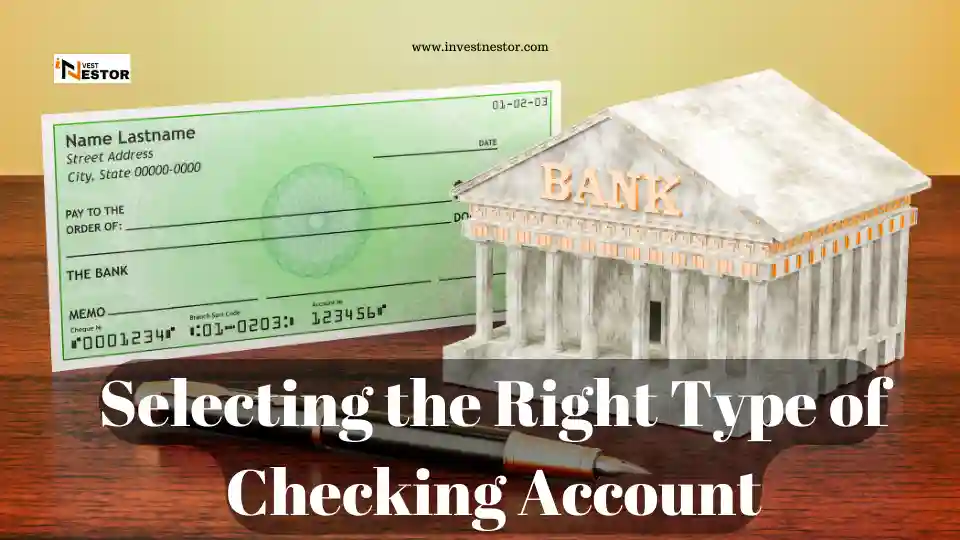
Are Online Banks a Secure Option for Banking?
If you're considering switching to online banking, you might be concerned about safety and trustworthiness. The most crucial question is, "Are Online Banks Safe?" How are your money and information protected? Find out if digital/online banking is right for you. Online banks are beneficial and provide attractive interest rates, but it's up to you to determine if the benefits exceed your worries.
- For many, the pros of online banking, like 24/7 access to accounts, budgeting tools, and bill pay features, far outweigh the cons.
- An online bank might be a great choice if you're searching for a quick, digital-first banking experience with competitive rates.
- However, traditional banks could be a better option for people like in-person banking.
What Are Online Banks?
A financial organization that does all of its business online rather than through physical branches is commonly known as an "online bank". They function similarly to traditional banks in that you may open a savings account, checking account, CD, loan, or mortgage using their website or mobile app. It is frequently possible to complete the full procedure online without visiting a bank, from application to account financing.
What documents do you need to open an account in an Online Bank?
An online bank will require certain basic documents to confirm your identification before you can create an account.
1. Personal Information
The first step is to provide some basic information about yourself, such as:
- Your name
- Age
- Date of Birth
- Residence/Address
- Social Security number
The bank may then check your credentials and identity with this information.
2. Proof of Identity
The next step is to provide a photo or scan of a valid government-issued ID, such as:
- A copy of your passport
- A copy of your driver's license
- Some banks may require additional ID verification using a selfie or short video.
3. Funding Source
You'll also need to link a funding source, like your checking account at another bank, to transfer money in and out of your new online account. Provide account and routing numbers to set up direct deposits, electronic transfers, and bill payments.
4. Additional Verification
Some online banks may require extra verification for fraud prevention, such as sending a verification code to your phone or email or answering security questions about your credit history. While inconvenient, these measures help keep your money and information safe.
How safe is an online bank?
Online banks secure your money and data with cutting-edge security and encryption. Online banks strive to outperform hackers and fraudsters.
1. FDIC insured
Genuine online are FDIC-insured, just like traditional banks. Suppose the bank collapses; your money is secured up to $250,000 per account. Make sure any online bank you consider is FDIC-insured before opening an account.
2. Advanced encryption
Online banks utilize advanced encryption to protect your data between your device and servers. Account numbers, passwords, and social security numbers are encrypted on their systems. It makes accessing your confidential data tough for hackers and burglars.
3. Fraud monitoring
24/7 fraud detection systems monitor online bank accounts for unusual behavior. They usually contact you immediately to check suspicious transactions. Many online banks also offer additional security options like two-factor authentication to help prevent unauthorized access.
The Pros and Cons of Online Bank
Online banks have several pros over traditional banks. But there may also be some cons. Let's discuss them.
Pros of Using an Online Bank
1. Quick and convenient transactions
The most obvious benefit of online banking is its convenience. Your accounts are always accessible, regardless of time or location. No more rushing to the bank during your lunch break or dealing with traffic and parking. You can check balances, pay bills, transfer funds, deposit checks, and more with just a few clicks.
2. Better High-Interest Rates
Online banks also provide better savings and CD rates. Without the overhead costs of physical branches, they can pass on higher yields to their customers. Some online banks offer rates 2-3 times higher than the national average. Online banks offer an attractive 2.00% APY on high-yield savings accounts. While the national average is a mere 0.39%, top American institutions offer a meager 0.01% annual percentage yield on savings accounts.
3. Lower Fees
The fees of online banks are also lower. Due to lower overhead, Internet banks charge reduced ATM usage Fees or no fees compared to traditional banks. Thus, overdrafts, overseas transactions, monthly service costs, and ATM usage are unlikely. Large physical banks may eliminate the $10 monthly service charge if you meet certain requirements, such as a $1,500 balance.
4. Better for the environment
Use less paper since online banking sends financial notifications via SMS or email. You may access all your bank statements online or on your phone. But make sure to get monthly updates. Mobile push alerts are another perk of internet banking. You may receive fast notifications when your debit card is used, which helps deter fraudsters.
5. Bonus: Online banking eliminates bank visits. Since gas prices rise, driving less helps the environment and your wallet.
Cons of Using an Online Bank
1. No Physical Branch to Visit
However, some people still prefer face-to-face interaction for their banking needs. Online banks may not suit you if you prefer in-person banking or cash deposits and withdrawals. They also have restricted customer care hours, so you must contact, email, or chat to handle issues.
2. Security
Online banking security is a worry due to the risk of hackers and fraudsters targeting accounts. Reputable online banks use advanced encryption and security protocols to help safeguard your information and money. However, fraud or cyber threats are always risks when banking online. Be sure to enable two-factor authentication and monitor accounts regularly for unauthorized access.
3. Cash deposits can be a challenge.
Cash deposits may be more difficult than check deposits with an online bank. Find a deposit-taking ATM, for example. Money may need to be deposited into a traditional bank account before being transferred online. You may also buy and deposit a money order with cash and your online bank's mobile app. Some accounts make cash deposits easier.
4. You cannot get foreign currency.
Online banking may not allow international transactions, so you can't exchange US dollars for foreign money. Some online banks compensate by offering free foreign ATMs and exchange-cost refunds.
5. Not having their own ATMs.
Due to their lack of banking equipment, online banks require customers to use ATM networks like AllPoint and Cirrus. Even if these systems allow access to tens of thousands of machines nationwide and beyond, checking the machines near your home and work is worth checking. Check ATM fees, too. Many direct banks offer free access to network ATMs or will repay monthly costs. However, there are sometimes monthly limits on free ATM transactions.
Final Words
And that's all, my friend. The simplicity and reasonable interest rates of online banks are appealing. Just do your research and find a reputed bank with good security to secure your money and information. Many choose online banking over traditional banks despite their need for more personalization. There is always a risk, but your money and private data are secure if you take precautions. Take advantage of online banking—it's the future. Opening that account today will boost your savings earnings. The era of the digital bank is here.
FAQs
Are online banks legitimate?
Like traditional banks, most Internet banks are FDIC-insured, up to $250,000 per account. Ally, Axos, and American Express are popular online banks. Do thorough research on any bank before opening an account.
How do I deposit or withdraw money from my online bank account?
Since there are no physical branch locations, all transactions are done electronically. You can transfer money to and from your accounts at other banks, deposit checks with mobile check deposit, pay bills online, and withdraw money at any ATM in a large network like Allpoint or MoneyPass for free.
Are there any maintenance fees for online banks?
Most online banks charge minimal or no monthly maintenance fees for their accounts. However, there may be fees for going over the limit on transactions, using out-of-network ATMs, stopping payment on checks, returning deposited items, and wire transfers. Be sure to understand any fees before opening an account.
What should I do if I need assistance with my online bank?
You can contact the respective bank's customer service via phone, email ID, or chat on their mobile app or website. Some online banks provide account alerts and a secure communication center for customer service. While not face-to-face, most reputable online banks aim to provide prompt and helpful customer service.
Suggested Articles:


 to Your Advantage.webp)



0 Comments
Add a comment